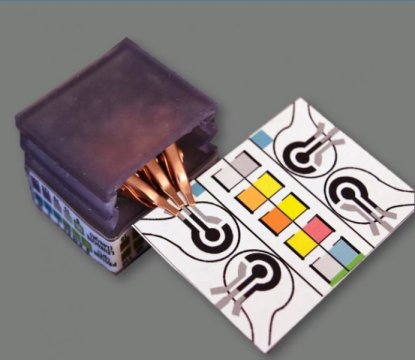
When faced with driving dilemmas, people show a high willingness to sacrifice themselves for others, make decisions based on the victim’s age and swerve onto sidewalks to minimize the number of lives lost, reveals new research published in open-access journal Frontiers in Behavioral Neuroscience. This is at odds with ethical guidelines in these circumstances, which often dictate that no life should be valued over another. This research hopes to initiate discussions about the way self-driving vehicles should be programmed to deal with situations that endanger human life.
Read Article: https://www.sciencedaily.com/releases/2018/05/180503142637.htm




You must be logged in to post a comment.